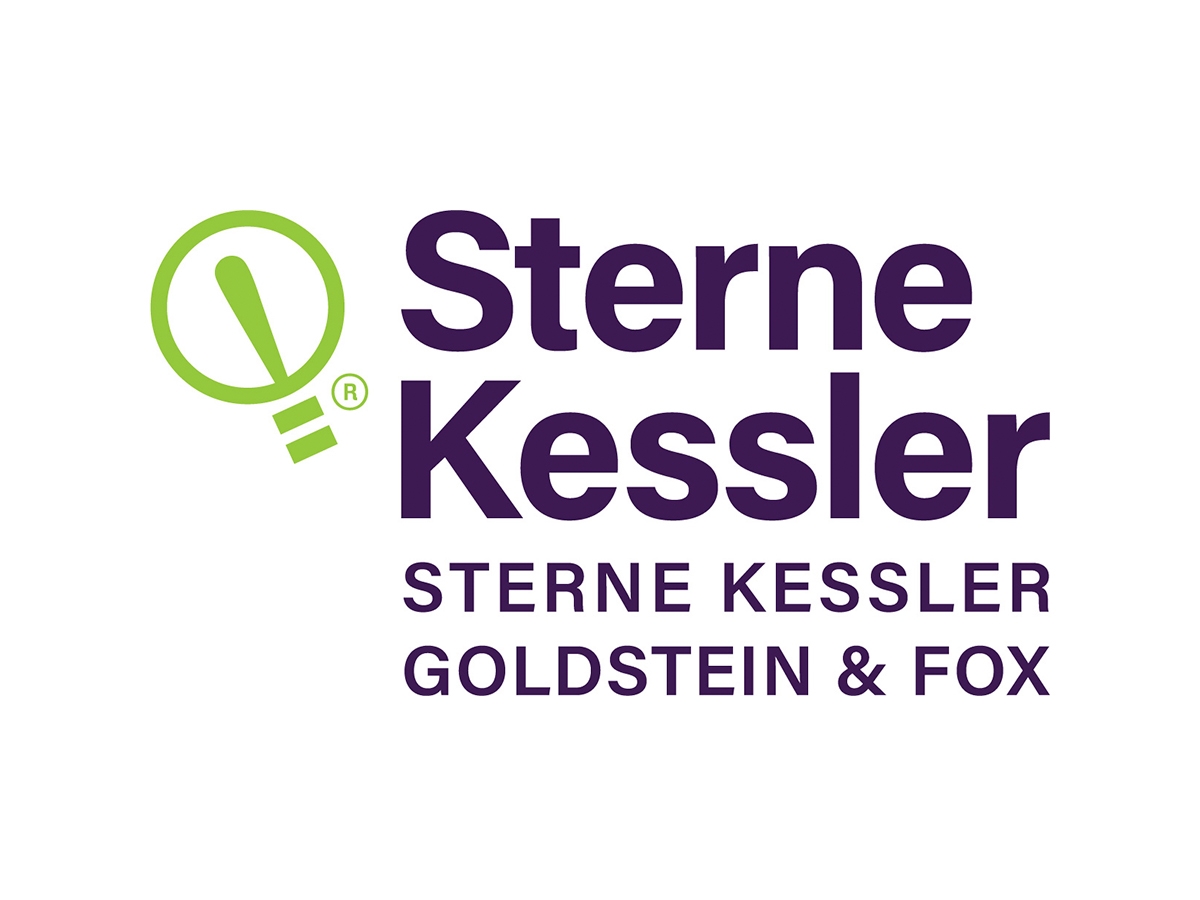Highlights of Revised Regulations for Implementing Patent Law of China | Sheppard Mullin Richter & Hampton LLP
On December 11, 2023, the State Council of the People’s Republic of China announced its decision to amend the Implementing Regulations of the Patent Law of the People’s Republic of China (the “2023 Regulations”), marking the first update in over 13 years since the last amendment in 2010. The 2023 Regulations take effect on January 20, 2024. This article highlights some of the major changes introduced by the 2023 Regulations that patent practitioners should be aware of when managing their patent portfolio in China.
End of 15-Day Rule for Electronically-Filed Applications
Prior to the enactment of the 2023 Regulations, notifications and decisions from the China National Intellectual Property Administration (CNIPA), whether delivered via post or electronic means, were presumed to be received by the party concerned fifteen days after the date of issuance (the “15-Day Rule”). This rule afforded the party concerned an additional 15 days to respond to any office communication. For instance, assuming a first office action is issued by the CNIPA on January 1, 2023, the four-month deadline to respond to such a first office action would be May 16, 2023.
However, the 2023 Regulations abolish the 15-Day Rule for electronically-filed applications. The newly added clause 7 of Article 4 stipulates that “various documents delivered in electronic means by the Patent Administration Department of the State Council are considered to be served on the date they enter the electronic system approved by the party concerned.” That is, the 2023 Regulations distinguish between situations in which office communications are delivered by post and those delivered by electronic means. Despite the retention of the 15-Day Rule for office communications delivered by post, this new clause marks a notable change since most of the applications are filed electronically nowadays. Such a change is poised to alter established docketing practices and may elevate the risk of missing deadlines.
Expedited Timeline for Processing Foreign Filing License
Before applying for a patent in a foreign country for an invention or utility model made in China, it’s necessary to obtain a foreign filing license. Failure to comply with this requirement would result in the denial of a patent for the invention or utility model made in China.
The 2023 Regulations shorten the timeline for processing a request for foreign filing license, during which a preliminary review is conducted to ascertain whether the invention or utility model should remain confidential. Specifically, the deadline for the CNIPA to issue a notice of confidentiality examination has been reduced from four months to two months upon receipt of a foreign filing license request, with a possible extension of two months for complex scenarios. Subsequently, if a notice of confidentiality examination is issued, the deadline for the CNIPA to decide on the necessity of confidentiality has been shortened from six months to four months upon receipt of the foreign filing license request, also with a possible extension of two months for complex scenarios.
It is noteworthy that the 2023 Regulations have eliminated the provision for implied license. Previously, an applicant could apply for a patent in a foreign country for an invention or utility model made in China if they did not promptly receive a notice of confidentiality examination or a decision on the necessity for confidentiality. Thus, under the 2023 Regulations, it’s better to err on the side of caution to proactively check with the CNIPA before proceeding to file foreign applications for the invention or utility model made in China.
Enhanced Reward and Remuneration for Service Inventions
Service inventions are those made by employees in execution of tasks assigned by their employer or by primarily utilizing the materials and technical resources provided by their employer. Under the PRC patent law, the employer who obtains patent rights is obligated to grant reward and remuneration to employees for their contribution to these service inventions.
Under the 2023 Regulations, the standards of reward have been heightened in cases where there is no existing agreement between employers and employees or company policy specifying the methods and amounts of reward. In particular, in such instances, the minimum reward for an invention patent has been raised from RMB 3,000 to RMB 4,000, and for a utility model patent or design patent, from RMB 1,000 to RMB 1,500. Furthermore, the standards of remuneration in such instances have been amended to align with those outlined in the Law on Promoting the Transformation of Scientific and Technological Achievements (2015) to address inconsistency. This includes, among other things, a share of no less than 50% of the net income generated from the transfer or licensing of the service inventions to employees, in cases where there is no existing agreement between employers and employees or policy specifying the methods and amounts of remuneration. Thus, it is imperative for employers to establish internal policies on reward and remuneration for service inventions.






